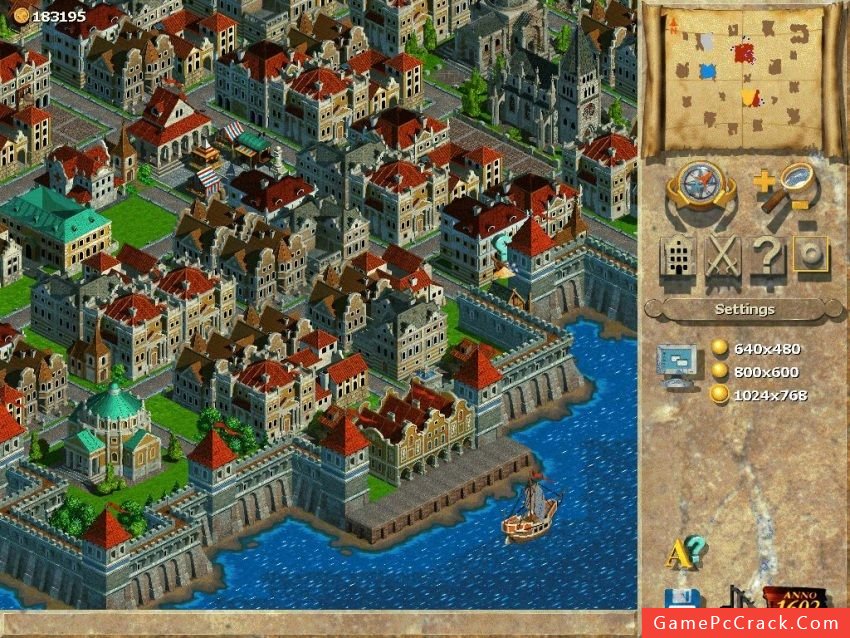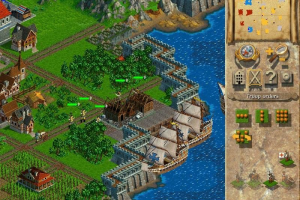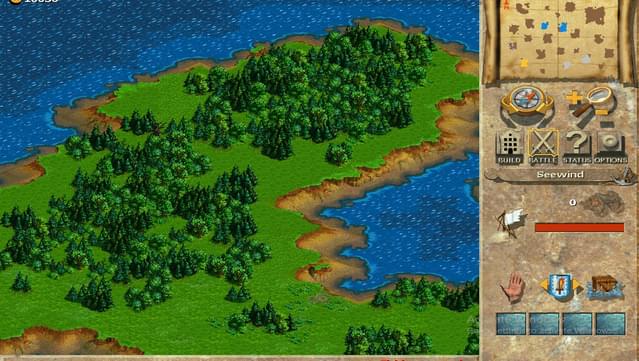

It includes aspects of exploration, combat, trade, and diplomacy. The game sets in the early modern period of history and allows the player to play entails colony building and resources management on the series of small islands. If you haven’t tried one of these empire-building games, and you want to see what it’s all about, you could do worse.Anno 1602 A.D is a Real-time Strategy, City-Budding, Crafting, Single and Multiplayer video game developed by Max Design and published by Sunflowers Interactive.

Navigation on the seas is often more problematic than it was in the age of the sextant. Being able to rotate the main map is helpful, but unfortunately, you can’t do that (or anything else) with the minimalist strategic map. The interface creaks along: functional but neither intuitive nor elegant. They’re not terrible, though not nearly as detailed as those of Corsairs or Settlers, and nowhere near as grand as in Caesar. Nothing appears to have been done to spiff up the graphics. You could even call it “deep” if your definition of depth is a lenient one.Įach facility generates a “service area” within which it functions optimally you don’t have to explore every square foot of an island to find out what resources it holds the mechanistic routines of trade can be set on “automatic” there’s a single-player editor that allows you, after an investment of considerable time and energy, to generate games that are marginally more entertaining than those concocted by the AI. The development / construction phase can, in fact, be entertaining (at least up to mid-game) in a cathartic, Sim City-esque way.

It’s visually appealing at times, and if you really get off on loading, transporting, and selling lots of goods, you will find ample trade activities to indulge yourself in. It has few glaring faults, but does a mildly adequate job of providing the experience promised on the box covers. This is one of those tough-to-call strategy titles. If you’ve already spent many hours watching those little people in The Settlers, or pondering the diplomatic quirks of Imperialism, and the colorful if maddeningly elusive economic fluctuations of Caesar III, you will instantly, and permanently, be struck with a sense of familiarity upon embarking on 1602 A.D.


 0 kommentar(er)
0 kommentar(er)
